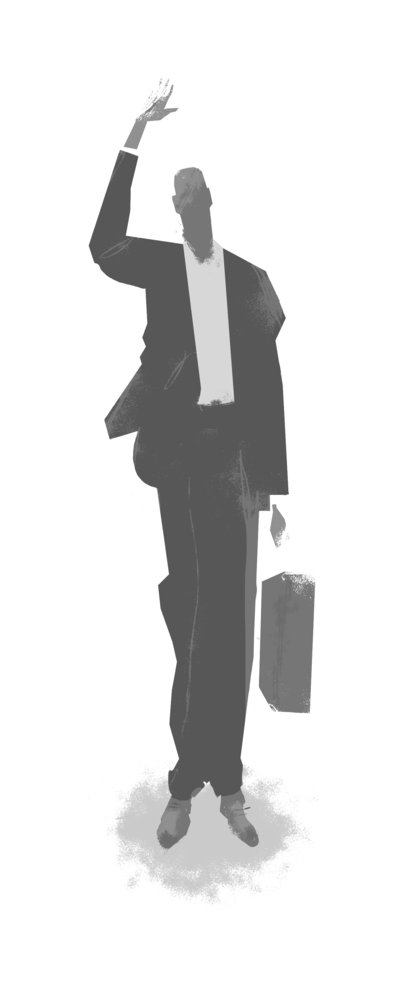One of the most important parts of running a business is making sure customers are satisfied with your product and service. Without loyal customers, a company cannot flourish, so ensuring their satisfaction with your business is incredibly necessary. But allowing a customer to take advantage isn’t as great of a business move in general.
Having positive, loyal customers is great. No business is perfect, and there will be moments when the service or product of your business might not be at its highest quality, and it’s okay to admit that. It’s also perfectly acceptable for businesses to make deals with those customers to ensure they will continue being a client in the future, even if the company did make a previous mistake.
So when does it become too much? At what point is it natural to let a customer go than to continue offering ways to keep them around. Giving them the benefit of the doubt the first or second time is perfectly reasonable. Handing out discounts, deals, or free products to make up for the mistake makes sense for the company, but there is a line some customers end up crossing that makes them no longer valuable to you.
When do you draw the line?
When they are costing more money than they are saving.
Customers who are never satisfied and insist on being compensated for their terrible experience repeatedly are no longer worth the effort. They cost you significantly more money to keep them as a customer than it would be to just let them go. The relationship between a business and a client needs to be mutually beneficial and one side taking advantage of the kindness of the other isn’t constructive or productive.
Losing one customer shouldn’t make a huge dent in sales if you have an entire team of great customer service employees and other loyal clients. It would be wonderful to keep all customers for life, but some will choose to never be satisfied and continue to take advantage of your customer policies. Picking and choosing these specific moments will make a positive difference in the future of your brand.

